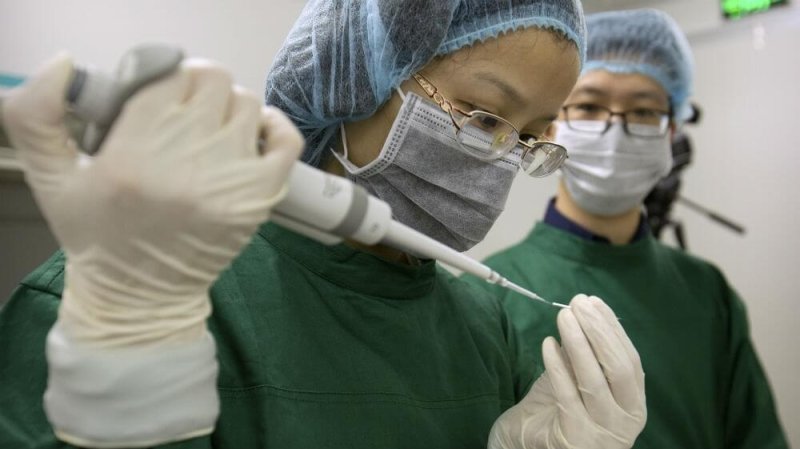Gene therapies are very much at their preliminary stages of development, so it would make sense to keep tabs on patients whose DNA has been modified via the innovative CRISPR technique. For some scientists in China, however, this is apparently not a priority.
The Wall Street Journal is reporting that an undisclosed number of Chinese cancer patients who have undergone experimental gene therapies aren’t being properly tracked as would be expected. In these cases, the patients had their genes modified with the CRISPR-Cas9 gene-editing tool in an effort to treat their cancer. The scientists in charge of at least one trial failed to maintain ties with their patients afterwards and conduct follow-up examinations.
…
Indeed, follow-ups are extra critical for patients undergoing gene therapies. Changes to DNA can trigger unintended consequences known as knock-off effects. Unexpected health problems stemming from gene modifications, such as autoimmune disorders, could appear later in life.
…
In China, however, there’s no equivalent to the FDA. Doctors can proceed with a clinical trial after receiving approval from their hospital’s ethics boards, the WSJ reports. As of January 2018, at least 86 patients in China have had their DNA edited with CRISPR.
…
Sadly, the situation with China’s scientists could sway public opinion against these promising biotechnologies, which are already controversial.
Read full, original post: Report: Scientists in China Are Losing Track of Gene-Edited CRISPR Patients































